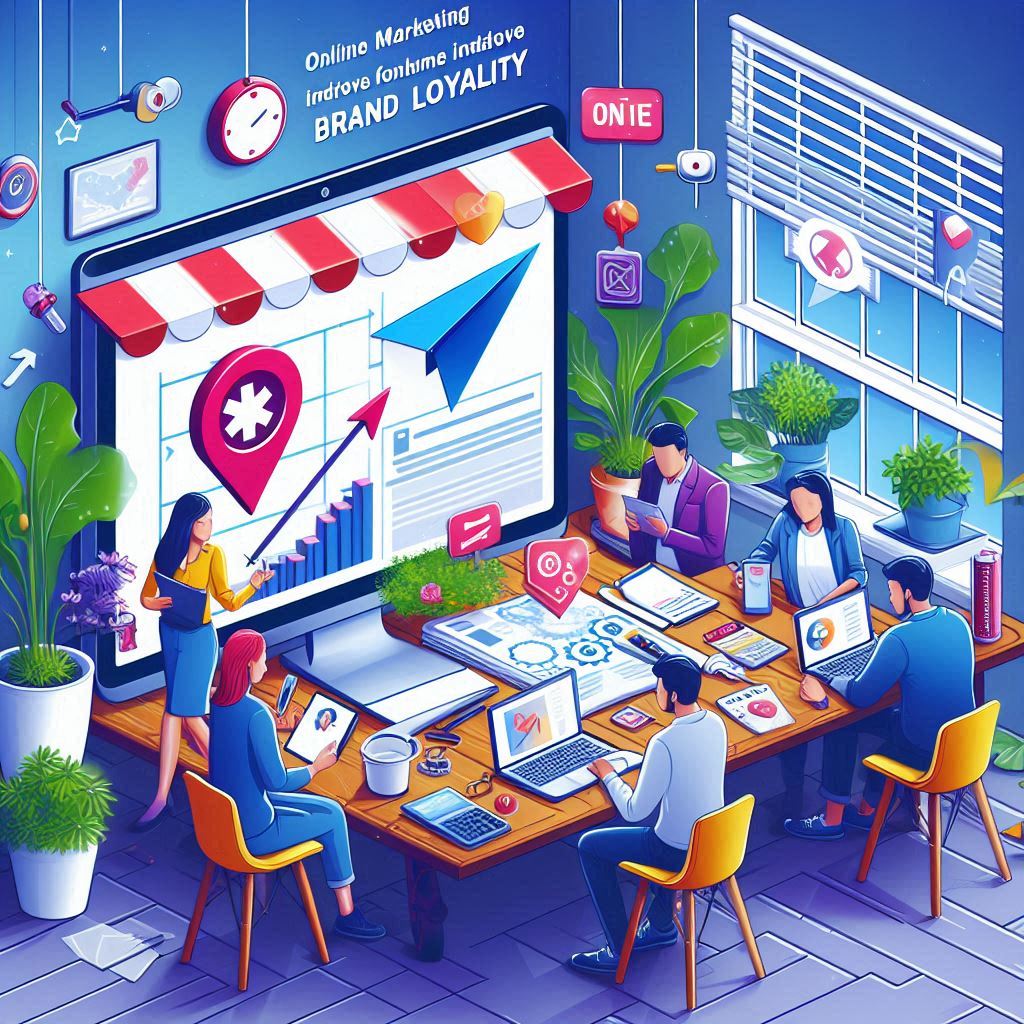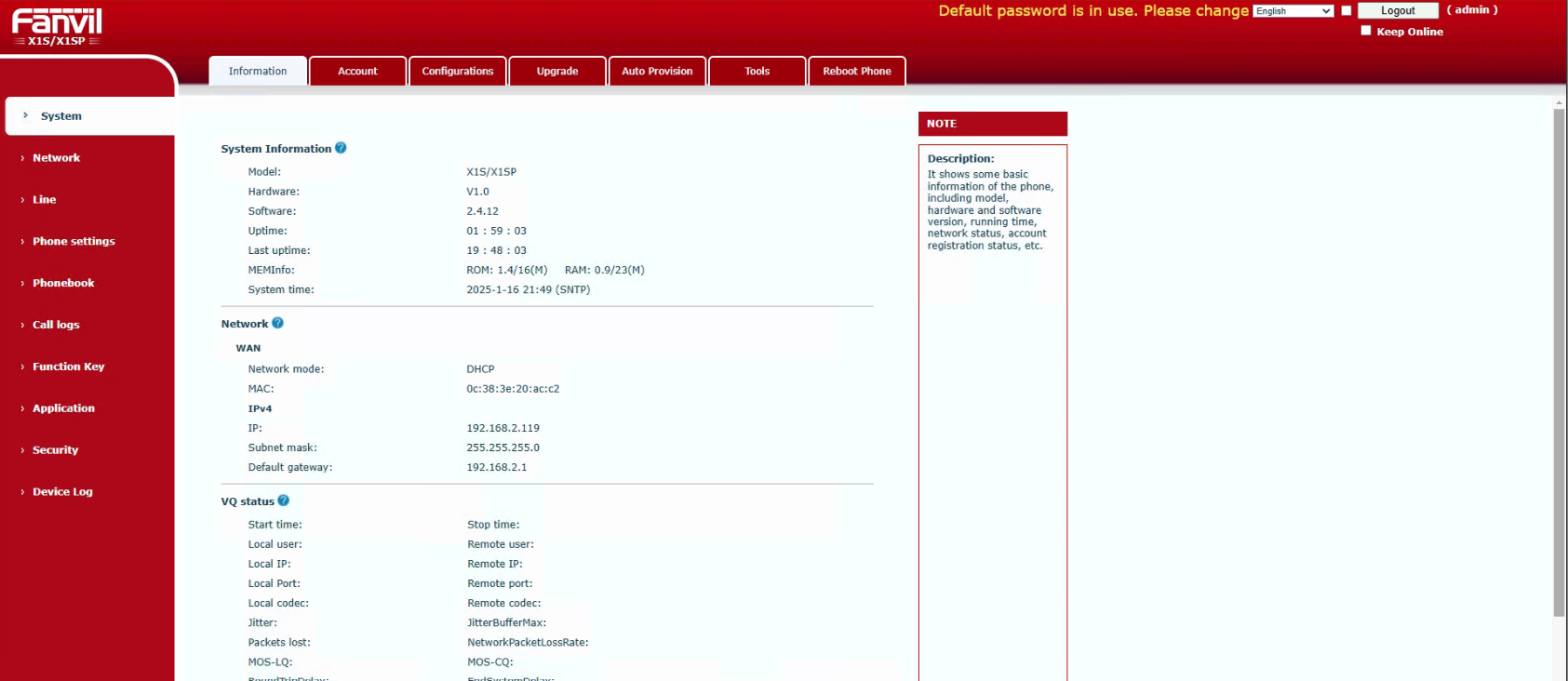One of the most significant success factors for businesses in 2024 will be customer engagement. WhatsApp automation could be the silver bullet that makes it work. however, when the businesses scale and customer expectations rise, thousands of such interactions become rather difficult to handle manually. This is a presentation talking about why WhatsApp automation is so essential for use in customer engagement this year, benefit from it through this very powerful tool.
1. Availability of the business 24/7 along with instant responses.
Among the reasons why WhatsApp automation is important in engaging customers is its availability round the clock. The client today needs to have questions replied to faster. The manual customer service teams cannot stand the pressure and demands that these customers create, as they will be unavailable at all times. Automated messages on WhatsApp provide instant replies to customers even after working hours.
Businesses can respond to repetitive questions, order status updates, or walk a customers to where they want to go—all without a human needing to intervene. This is a level of responsiveness that keeps customers coming back for more and happy all day long because they know that someone is listening and considering what they have to say.
2. Personalization at Scale
While general automation might sound a little like nonsensical, unpersonalized messages, WhatsApp automation enables businesses to deliver extremely personalized interactions at scale. Businesses can integrate customer data and so produce messages that are personalized according to the preferences and behaviors of individual customers or their interactions with a brand.
For instance, automated WhatsApp tools can have specific product recommendations, birthday messages, and special offers for individual customers.
3. Power Efficiency in Handling Big Volumes
Handling hundreds of thousands in a direct manner is not always efficient because of the high volumes of messages. This sometimes results in delays and even leads to error mistakes, which will further lead to customer dissatisfaction. WhatsApp automation helps businesses manage high volumes of interactions effortlessly. Automated chatbots can handle multiple conversations, guiding customers through orders, bookings, or answering queries. This reduces repetitive tasks and frees up human agents to focus on more complex issues, boosting efficiency and providing better solutions.
4. More Efficient Customer Support
The automation of WhatsApp amplifies customer support. No more waiting in long response times, and the intricate complications of big telephone menus; customers may interact with automated systems which would be able to churn out solutions very fast and accurately.
For instance, more complex questions like “Where’s my order?” or “How do I return this?” would get solved automatically with the help of chatbots, which could answer such queries right away and forward the entire conversation to a live agent in case of more complex matters. This way, it would ensure that the customers receive support anytime they need it promptly, hence keeping them engrossed and satisfied.
5. Orchestrated Customer Journey
The customer journey is no longer linear Customers connect with businesses through multiple touchpoints like social media, email, websites, and messaging apps like WhatsApp. WhatsApp automation can streamline the customer journey. For example, a customer can ask about a product via WhatsApp, receive an automatic offer, and make a purchase on the company’s website, creating a seamless, engaging experience.
6. Cost-Effective Customer Engagement
A full-time customer service team that can answer most of the queries raised may be expensive, especially for small and medium enterprises. Interaction with customers can thus be covered by automation through WhatsApp without having to raise their operational costs significantly.
customer service and allows a business to scale its operations without incurring very high overhead costs. Automated responses with the help of chatbots aid in routine tasks; businesses can enjoy high customer engagement without going bankrupt.
7. Analytics and Insights
Another reason why WhatsApp automation is very fundamental to the engagement of customers in 2024 is insights. Automated systems help track the customer’s interactions, responses, and behaviors. This then translates to business data that enables businesses to gain from learning.
These would allow for an adjustment of a marketing strategy, future contacts tailoring, or even monitoring opportunities, in the context of improving the quality of experience for customers. it takes to get a response, what kind of questions are asked the most, and how people respond to some campaigns. This way, businesses can continually try to hone their effort in terms of customer engagement.
Solving the problem as soon as possibleWhen customers encounter issues with a product or service, they expect quick solutions. Providing troubleshooting steps or directing them to the right department or representative is key. For instance, an automated WhatsApp message can guide a customer through questions to resolve the issue or escalate it to a human agent for further assistance. This streamlined process decreases frustration and keeps the customer more engaged with the brand.
8. Increased Customer Satisfaction
The end purpose of WhatsApp automation is to optimize the customer experience levels. With this, higher satisfaction levels are consequently realized. This ensures that the customers remain happy and associated with the businesses since only happy customers are likely to return. Happy customers also make repeat purchases and refer the brands to their friends and acquaintances.
Therefore, WhatsApp automation is no longer enhancing customer engagement for businesses in 2024 but rather more of a necessity. personalization, managing several high volumes of messages, thereby improving customer support.
WhatsApp automation, therefore, which businesses to interact with their customers. least one step ahead of it and can remain in close contact with their customers to build stronger and more interactive relationships.




